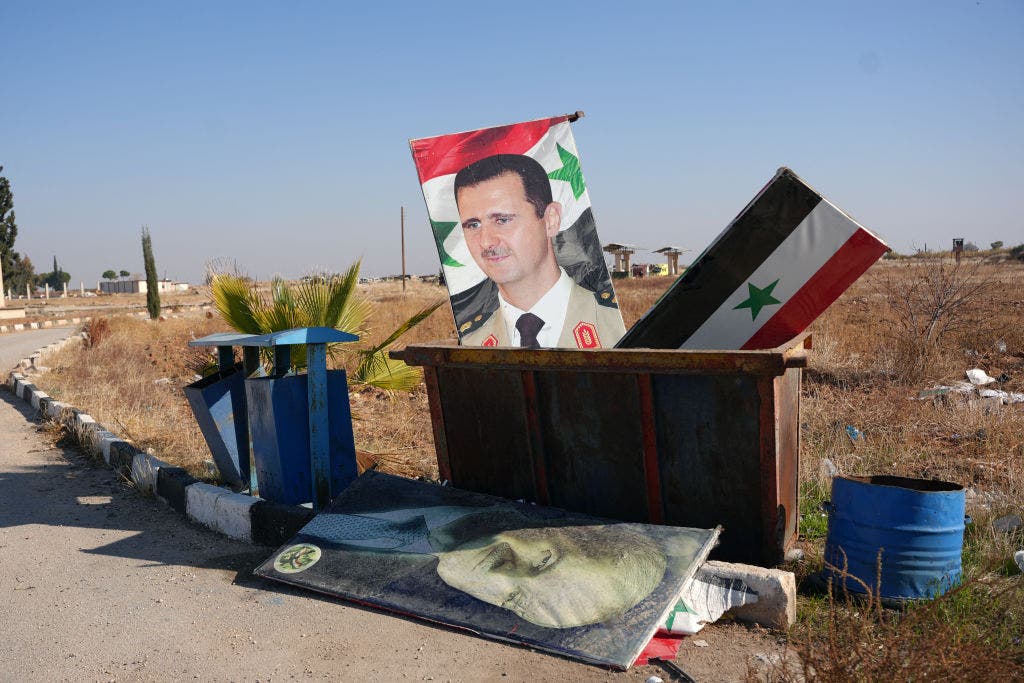Australia has voted with more than 150 countries at the United Nations to demand that Israel reverse its ban on the Palestinian aid agency Unrwa and to call for an “immediate, unconditional and permanent ceasefire” in Gaza, in a move which could further increase tensions with Israel.
While the decision has been lauded by humanitarian aid groups, it has angered some Jewish groups in Australia, who described it as a “mark of shame” on the country.
At a UN emergency special session on Thursday, Australia voted with the vast majority of world nations to support the two resolutions, splitting from the US and Israel who voted against them.
The motion for a permanent and unconditional ceasefire, the release of hostages, the delivery of humanitarian aid and the protection of civilians passed with 158 members voting in support and nine against, and 13 abstaining.
A separate motion in support of the UN Relief and Works Agency for Palestine Refugees (Unrwa) called for the Israeli Knesset to reverse October 2024 laws banning the agency from operating in Israel and the occupied Palestinian territory. It called on Israel to undo the decision and “allow and facilitate full, rapid, safe and unhindered humanitarian assistance” into the strip and passed with 159 in support, nine against and 11 abstaining.
The Knesset had banned Unrwa over allegations its staff had ties with Hamas. The UN in August fired nine staff members after an internal investigation found they may have been involved in the Hamas-led 7 October attack against Israel.
Australia’s representative to the UN, James Larsen, said while the government “does not agree with everything in the resolution” for Unrwa, its support “reflects our view that Unrwa must be able to continue its life-saving work”.
“We join the Security Council in expressing grave concern over legislation adopted by the Israeli Knesset,” he said. “Limiting Unrwa’s operations will only exacerbate an already terrible humanitarian crisis.”
Larsen called on Unrwa to address any credible allegations against its staff and to ensure accountability for any breaches – saying “any involvement or affiliation with terrorist organisations cannot be tolerated”.
The ceasefire resolution came almost a year after Australia joined with 152 other nations to demand a humanitarian ceasefire in Gaza and an immediate and unconditional release of all hostages.
It urged all parties to comply with international laws, including by “releasing all those arbitrarily detained and all human remains”, and supports a pathway towards a two-state solution.
In July the UN’s international court of justice ordered Israel to end its occupation of the Palestinian territories “as rapidly as possible” and make full reparations for its “internationally wrongful acts”.
While the ceasefire resolution recalled the ICJ’s advisory opinion, it was understood Australia was still giving careful consideration to its conclusions.
Australia’s support for the motions was welcomed by a number of humanitarian and aid groups, including Oxfam and the Australian Council for International Development.
Nasser Mashni, the president of Australia Palestine Advocacy Network, said the move was a “crucial step” but warned UN votes were not enough on their own.
“The urgency of this situation demands concrete action – Australia must end its support for Israel’s genocidal regime, impose sanctions and a two-way arms embargo, and suspend its trade and military ties,” he said.
The Greens leader, Adam Bandt, claimed Labor had adopted the minor party’s policy on Gaza, signalling that the Greens were “right all along”.
after newsletter promotion
But peak Jewish groups in Australia denounced the Albanese government’s shift, including the Executive Council of Australian Jewry, who described it as a “mark of shame”.
The council’s president, Daniel Aghion KC, said the ceasefire resolution would leave Israel abandoning hostages “to their fate, and allow the Hamas terrorists to re-establish themselves as the de facto rulers of Gaza”.
“No country in the world should be expected to betray its own citizens as Israel is being called upon to do,” Aghion said.
The Australia/Israel & Jewish Affairs Council said the ceasefire call would guarantee Hamas remained “permanently in control over Gaza”.
The shadow home affairs minister, James Paterson, stood by his recent criticisms of Labor’s shift at the UN. He accused the prime minister of “gaslighting” Australia’s Jewish community after Anthony Albanese made a series of community visits in the wake of last week’s arson attack on Melbourne’s Adass Israel synagogue.
Tensions between Australia and Israel escalated after Australia recently sided with 156 UN member countries, including the UK and Canada, to demand the end of Israel’s “unlawful presence in the Occupied Palestinian Territory as rapidly as possible”.
Benjamin Netanyahu criticised Australia’s decision to support the resolution for the first time in two decades, claiming the Albanese government held an “extreme anti-Israeli position”.
The Israeli prime minister also claimed that the government’s “anti-Israel sentiment” at the UN had led to the Melbourne attack, adding it was “impossible to separate” the events.
Wong defended Australia’s position against Israel’s criticisms on Monday, saying it was not antisemitic to “expect that Israel should comply with the international law that applies to all countries”.
“Nor is it antisemitic to call for children and other civilians to be protected, or to call for a two-state solution that enables Israelis and Palestinians to live in peace and security.”

 3 ore fa
1
3 ore fa
1















 English (US) ·
English (US) ·